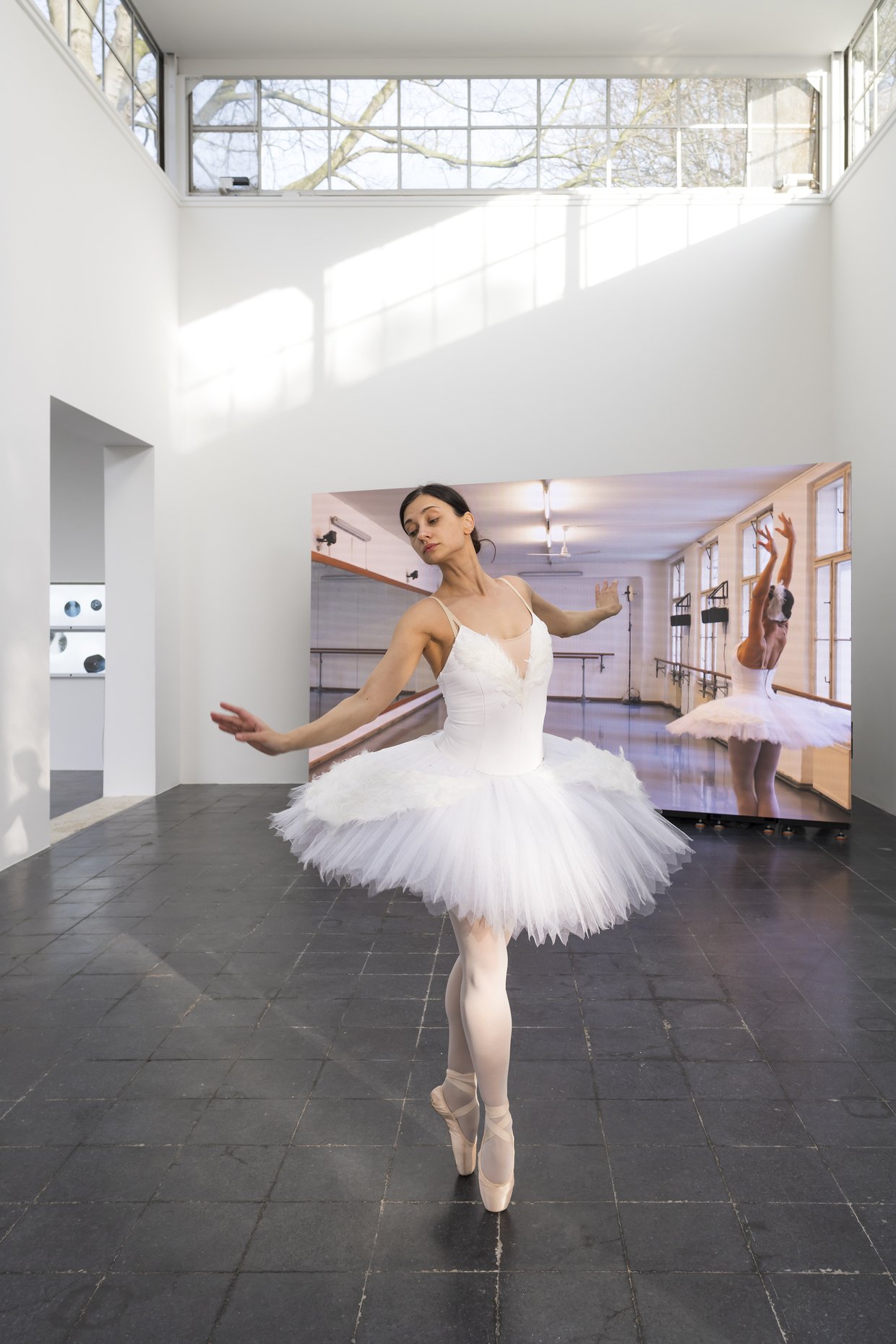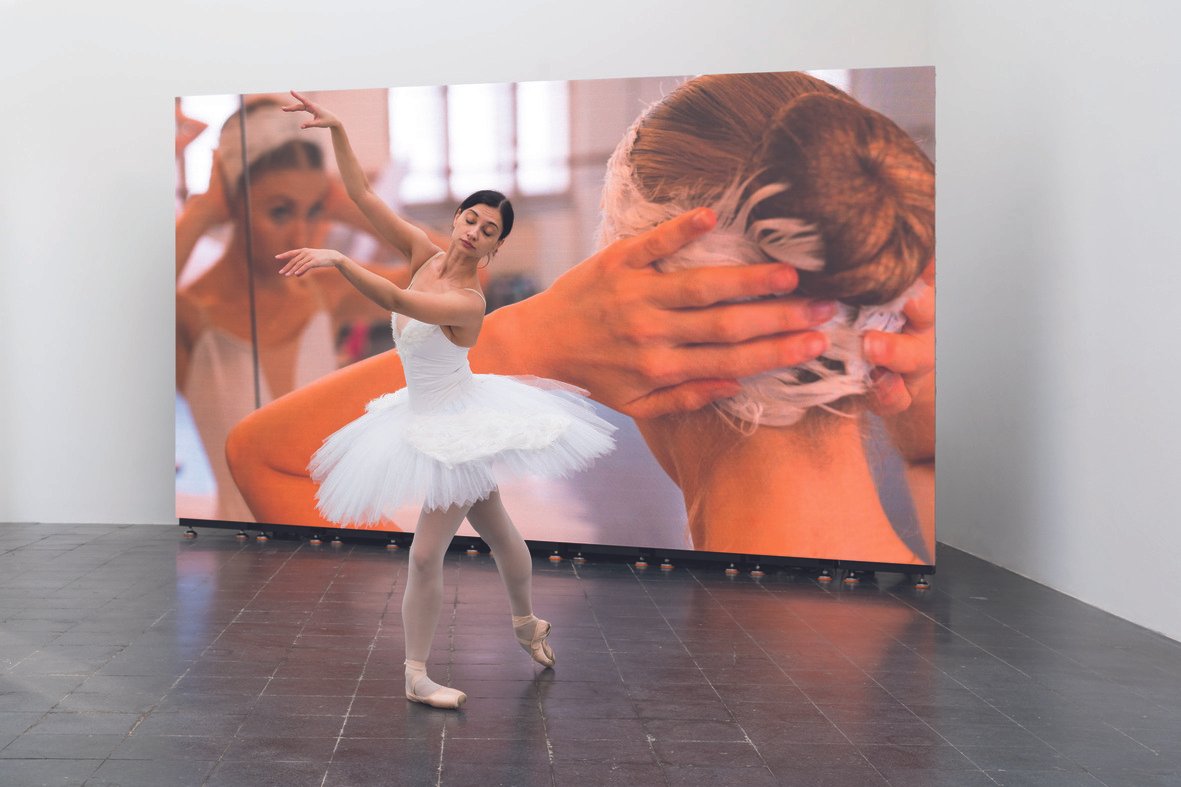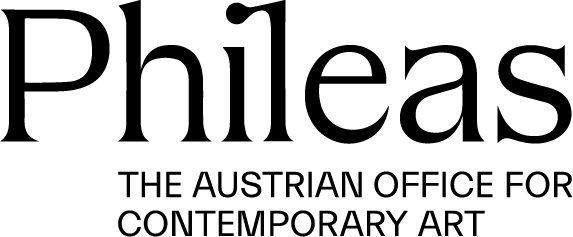Anna Jermolaewa
60th Biennale di Venezia, Italy
20 April – 24 November, 2024
For the Austrian contribution to the 60th Biennale di Venezia 2024 curated by Gabriele Spindler, artist Anna Jermolaewa wove a narrative spanning from her experience as a political refugee to symbols of revolution and resistance against authoritarian regimes.
Born in Leningrad, Jermolaewa became involved in the opposition party Democratic Union in the late 1980s, co-editing one of the party’s underground newspapers. Despite the era of glasnost and perestroika, she and her then-husband faced persecution by the KGB, prompting their escape from the Soviet Union in 1989. Granted political asylum in Austria, Jermolaewa spent the last thirty-five years developing a body of work that intricately intertwines conceptualism with the poetry of everyday life. Her art, which encompasses video, installation, drawing, and photography, prompts viewers to scrutinize society and their place within its social and political constructs.
Jermolaewa's contribution to the Austrian pavilion seamlessly aligned with the overarching theme of the Biennale Arte 2024, Stranieri Ovunque – Foreigners Everywhere, exploring themes of foreignness, migration, and national identity. At the Austrian Pavilion, Jermolaewa presented five selected works, each reflecting her unique perspective and artistic exploration.
Rehearsal for Swan Lake (2024), a collaboration with Ukrainian ballet dancer Oksana Serheieva, delved into Jermolaewa's memories of Soviet censorship, transformed Tchaikovsky's iconic ballet into a poignant symbol of political protest. The Penultimate (2017) comprised a series of plants, each represented a “colour revolution” throughout history, symbolized popular uprisings against oppressive regimes.Ribs (2022/24) resurrected the Soviet practice of copying banned music onto discarded X-ray films, underscored the power of subversion in the face of censorship. Research for Sleeping Positions (2006) reenacted Jermolaewa's own experience as a political refugee, highlighted the discomfort and uncertainty faced by displaced individuals. Untitled (Telephone Booths) (2024) featured original telephone booths from the Traiskirchen refugee camp, served as poignant relics of migrant experiences and offered visitors a tangible connection to the artist's personal history. Through her evocative and thought-provoking works, the artist invites audiences to contemplate the complexities of migration, identity, and resistance in an ever-changing world.
Anna Jermolaewa (born in 1970 in Leningrad, USSR) is a conceptual artist who works with a wide range of media, including video, installation, painting, photography, sculpture and performance. As a founding member of the first opposition party, the Democratic Union, and co-editor of one of its periodicals, Jermolaewa was accused of anti-Soviet agitation and propaganda, forcing her to flee in 1989 to Austria, where she was granted political asylum. The artist has lived and worked in Vienna and Upper Austria ever since.
This was Anna Jermolaewa’s first collaboration with Phileas.









